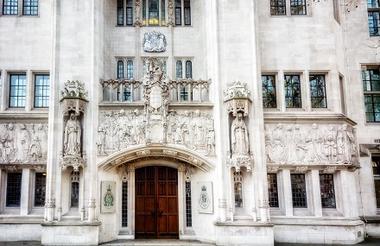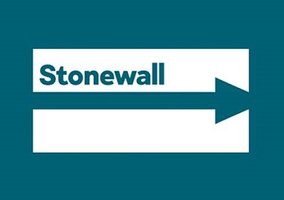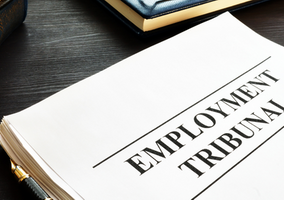The Supreme Court ruling on the definition of a woman under the Equality Act 2010 will have an impact on many charity employers who may need to reassess some of their policies and procedures. It has had a significant impact on the wellbeing of transgender people, as it suggests an individual’s sex assigned at birth may take precedence over a gender recognition certificate (GRC) in the eyes of the law. In addition, the ruling does not consider the consequences for intersex and non-binary people.
Despite significant press coverage about the ruling, it is uncertain what the full legal implications will be. Alongside this, the interim guidance issued by the Equality and Human Rights Commission (EHRC) appears to have caused more confusion than clarity and has not provided a clear path or framework for organisations to follow.
It’s important for charities to remember that their transgender employees remain protected from discrimination, harassment and victimisation under the gender reassignment provision in the Equality Act.
As with any change in legislation, this will require charities to seek appropriate legal advice. However, they should not act in haste as the EHRC will be issuing its full guidance over the summer, which should clarify the legislative environment.
Single sex spaces
Although the ruling has determined that it is lawful in some instances to restrict access to single sex spaces based on biological sex, the practicalities of this are not straightforward, and one of the biggest concerns for employers right now is what to do about their toilets.
Taking a step back, employers must recognise that everyone has the right to access appropriate toilet facilities. It would be ideal for charities to put in place individual, self-contained, accessible, gender-neutral toilets for everyone, but for many this will not be practicable.
In this case, charities should seek to offer accessible disabled toilets for all genders, in addition to facilities for biological men, biological women and gender-neutral facilities. If neither of these options are possible, charities may need to seek legal advice, as there is a requirement to provide appropriate toilet facilities for everyone.
Psychological safety
From a diversity, equality and inclusion (DEI) perspective, charities will need to consider how legal requirements sit alongside efforts to ensure their workplace is an inclusive one, where people of all gender identities feel safe, included, valued, respected and free from fear of discrimination. It is also essential for employers to strike a careful balance between sex-based rights and gender identity rights.
Although the next few months will invariably prove challenging, this does not mean that charities cannot act. In fact, there is plenty that employers can do to ensure that they are supporting employees’ wellbeing and that they feel psychologically safe at work.
At times like these, strong leadership is vital. It needs to be authentic, in line with your charity's values and supported by everyday behaviours. A clear message from senior leadership, whether this be in the form of an all-hands meeting, video message, an email or a blog, will help set the tone for this and encourage open communication.
Reaffirming your commitment to DEI
Although leadership certainly comes from the top, messaging should be cascaded at all levels throughout your charity, reasserting your commitment to creating an inclusive workplace culture for everyone. Depending on your charity’s size and complexity, this may come in the guise of a one-to-one conversation with a line manager, in a team meeting, via digital channels or using a combination of these.
For those directly affected by this ruling, employers should seek to provide support in one-to-one conversations, group settings or by providing other safe spaces for them to voice concerns or simply to share how the ruling is affecting them. However, not everyone is going to want to take advantage of this type of support, so it’s equally vital to signpost to well-being and mental health initiatives.
When communicating about the implications of the ruling to your employees, it’s important to remind them of your charity’s commitment to DEI and follow through by stating the actions that you will take as an organisation to support colleagues, particularly through this period of uncertainty. This may include providing general DEI training, training on gender identity, or training on how to handle rights in conflict in the workplace. It’s also essential to encourage open communication, ensuring that everyone feels safe to speak up and raise concerns.
The impact of the Supreme Court ruling is, and will continue to be, an emotive one. In addition to ensuring charities are legally compliant with any changes, once they are fully understood, employers play a vital role in making sure that their cultures are inclusive and their environments psychologically safe, and that transgender, non-binary and intersex employees have everything they need to thrive and flourish.
Right now, charities must remember the inherent dignity of all human beings, and ensure that everyone they employ is treated and treats others with kindness, compassion and respect.
Related articles











